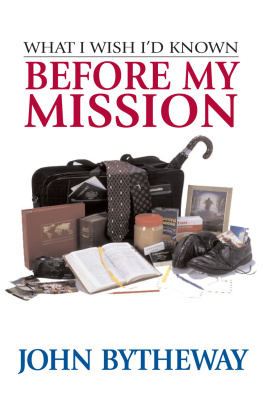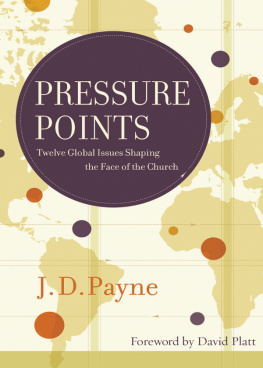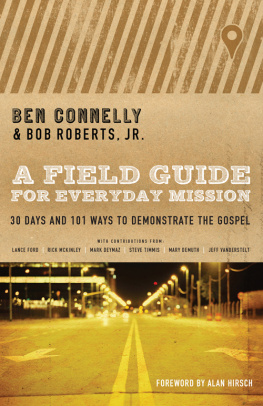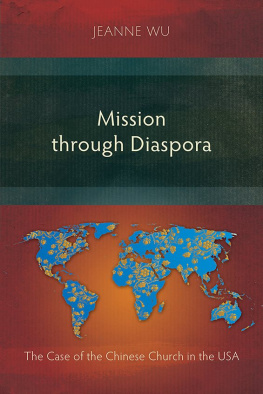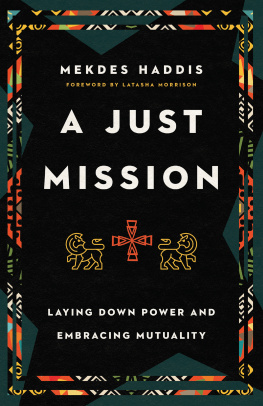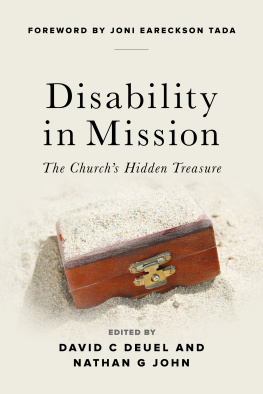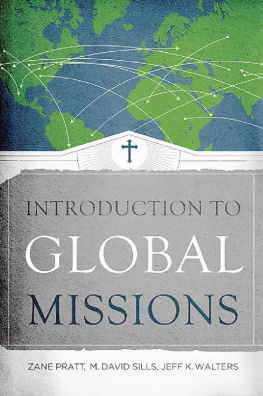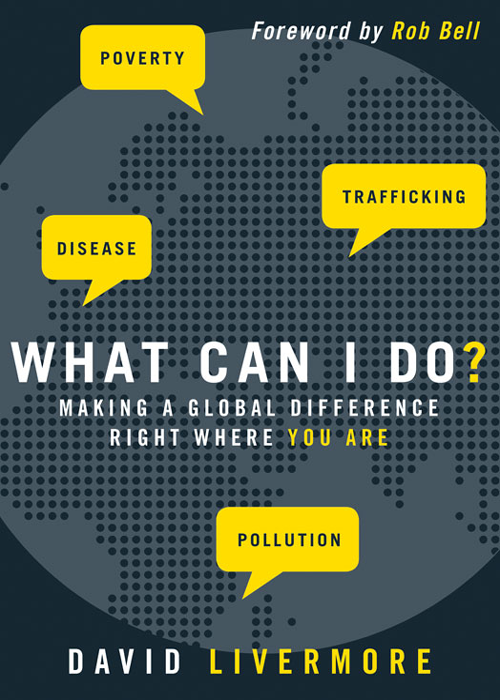WHAT CAN I DO?
MAKING A GLOBAL DIFFERENCE
RIGHT WHERE YOU ARE
DAVID LIVERMORE

For Grace and Emily
I love you more!
CONTENTS
T heres a reason why Daves book is so important.
But first, a story.
There is a legendary rabbinic tale about a rabbi from Cracow. He has a dream in which he sees that there is great treasure buried under a bridge in a far-off city. When he wakes up, he decides to journey to that far-off city to get the treasure that hes seen in his dream. He arrives at the bridge only to discover that its guarded by police, and so he hides in the bushes, trying to figure out how to get the treasure.
One of the guards sees him and says, You there! What are you doing?
The rabbi steps out of the bushes and says, Well, I had this dream in which I saw treasure under this bridge
The policeman laughs. You believe in dreams like that? If I did, then I would believe in the dream that I had, that theres treasure buried under the bed of some rabbi in Cracow. The rabbi thanks the policeman and races home. So what does that story have to do with this book? Dave writes here about a life that is right in our own backyard. Hes not saying that the action is somewhere else, with someone else. Hes not telling you to quit your job and move to Africa if you want to really live. Hes not teaching that you need more resources so that you can really make a difference. Hes writing in this book about how each of us can turn the tide from exactly where we are. This is a powerful truth we need now more than ever.
What I so deeply appreciate about Dave is how wide open his eyes are. He sees possibility and potential all over the place. Every time I hear him speak, I am inspired by whats right in front of me. But this book isnt just inspiring; this book is as practical as it gets. Business, art, justice, educationDave shows us what daily engagement with the great causes of our time looks like, wherever we find ourselves.
He helps us wake up, as if from a dream, discovering that what weve been looking for is not under a bridge in a far-off city. Its been here, the whole time.
Rob Bell
Y es, you. The one who thinks its Bonos job to save the world.
Yes, you. The one trapped in cubicle world who goes to church, hears about all the great things others are doing, and feels even more disconnected.
Yes, you. The one who has no desire to hop on a plane or learn a foreign language.
Yes, you. The one who would love to hop on a plane but cant see how that really meets the worlds greatest needs.
Yes, you. The one who just picked up this book to read. God is inviting you to be part of making the world a better place. And now youre going to read about all sorts of people just like you doing their part.
My wife, Linda, and I often discuss what it means for us to make a difference in the world. More and more, our daughters, Emily and Grace, join the conversations with us. But we often have moments when its hard to see beyond the immediate stresses of our own fast-paced lives
One night after the girls went to bed, Linda and I got ready to watch the movie we had rented. We had heard so much about Hotel Rwanda, a visceral account of the Rwandan genocide, and at last we had a chance to watch it. We made the popcorn, closed the blinds, and got comfortable. Two hours later, the credits were rolling, the popcorn remained untouched, and we sat in silence. We didnt know whether to feel enraged, numb, guilty, or inspired by what we had just watched.
A guy like me should know what to do. Ive spent the night in villages along the Amazon, Nile, and Pearl rivers. Ive visited the killing fields in Cambodia, former concentration camps in Europe, and refugee camps in Sierra Leone and Ethiopia. Im in Africa and Asia almost as much as Im home in Grand Rapids, Michigan. My work is devoted to helping leaders see and effectively engage with global issues. But for some reason, I was unusually paralyzed sitting in my own living room after watching Don Cheadles compelling portrayal of Paul Rusesabagina, the hotel owner who stayed behind to save as many as possible. I sat there thinking, The Rwanda genocide is over, but this same thing is going on right now in many other places. But what can we possibly do about it? My head hurt, and part of me just wanted to crawl into bed and move on with the assembly line of life But I couldnt. Slowly Linda and I started to process it together. For the next several days, we deliberated the implications for us and for our relatively comfortable existence as a family.
I rarely encounter someone who doesnt give a rip when faced with the reality of life for the poor and oppressed. Most people I know feel an urge to do something when they hear about the high death rates among kids in Sub-Saharan Africa, see a documentary on women trafficked for sex in Southeast Asia, or watch news reports about people running for their lives in war-torn regions. But many of us dont have a clue what we can really do about it.
The atrocities continue right this minute. Tribes are feuding, suicide bombers are plotting, and people are dying. Theres something desperately amiss in the world. But if all we do is keep talking about the problems, its too reminiscent of our parents telling us to finish our dinner because there are children starving in other parts of the world. Most of us were willing to FedEx our leftovers to anyone who would take them. But somehow we knew that wouldnt make any difference. And what can we do about enslaved children, dirty water, and entire cultural groups who have never encountered Jesus?
Actuallyquite a bit!
Ive organized this book into three parts. Part 1 starts with the big picture. The first chapter describes the global issues facing our generation, and the second one looks at the invitation to join God in redeeming the world. Chapter 3 offers some immediate big-picture strategies for making a difference today.
Part 2 has several chapters of stories and ideas about people in lots of different professions and fields who are serving globally. A few of these examples involve people traveling overseas, but most of these stories take place closer to home. Youll meet business leaders grappling with the ethics of globalization in a way that neither provides simplistic answers nor shrugs off exploiting the poor to the advantage of the rich. Youll learn from schoolteachers, aunts, uncles, parents, and siblings influencing kids to improve life for more people on the planet. Ill introduce you to scientists doing innovative research to discover solutions to malaria, HIV/AIDS, and global warming. And youll encounter filmmakers, performers, and composers creating art that exposes us to the issues, concerns, and causes of our day. The stories in this section come from people Ive encountered along the way and from data gathered in the Glocal Service Projectresearch which examined ways North Americans invest in local and global activism from home. Most of the stories were gathered through focus groups and interviews. Part 2 ends with a few cautions that, when heeded, will improve your effectiveness in making a global difference.
Part 3 will guide you into the next steps of this journey. Ive included a discernment process in chapter 10 to help you identify ways to get involved, and chapter 11 helps you do this with a group (families, small groups, churches, and so on). The appendix includes some frequently asked questions (FAQs) you might want to peek at now (or anytime along the way).


